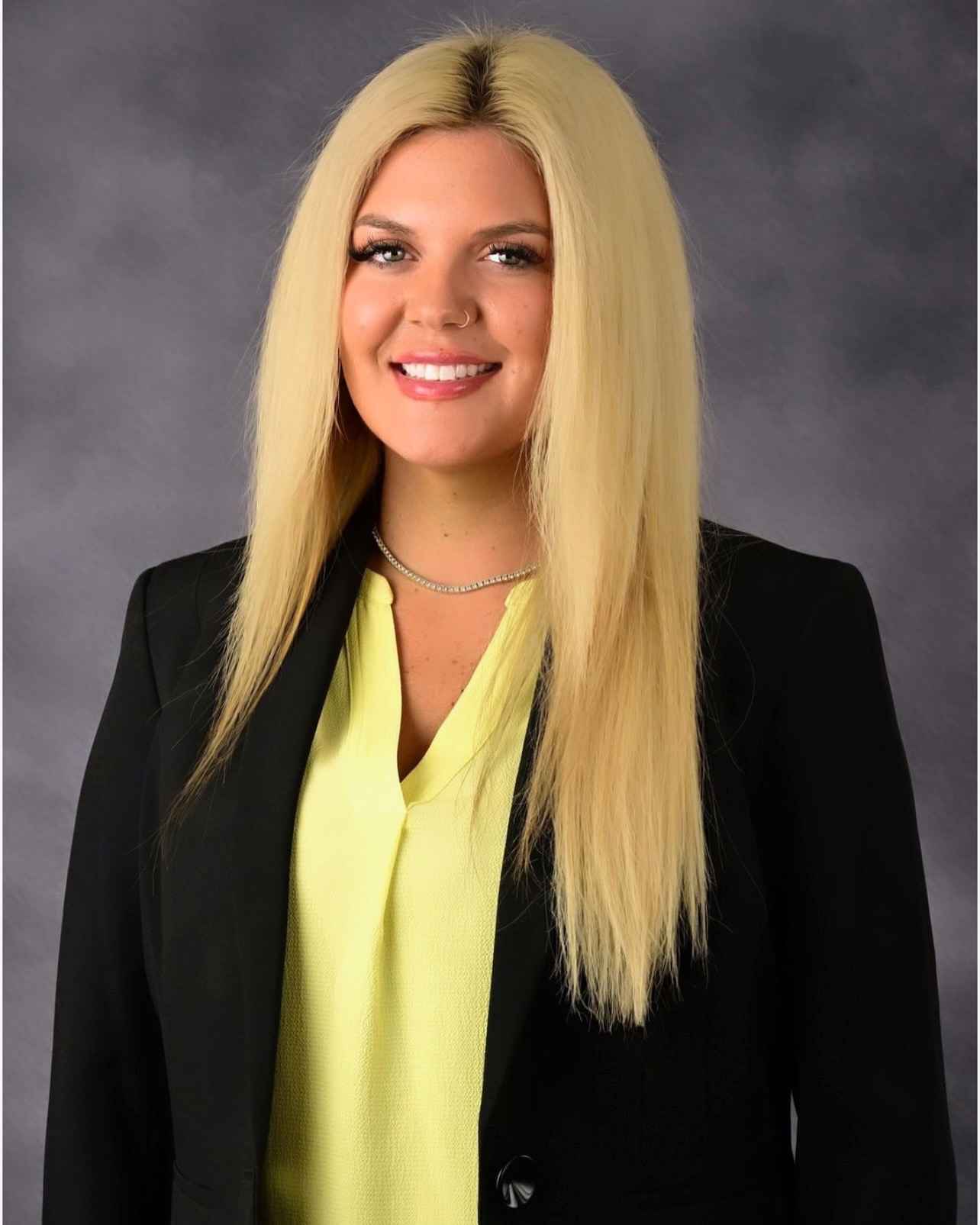

“Put serving the public at the forefront of your goals and I assure you that the opportunities, the success and the happiness will follow.”
Kirksey Croft
Institute of Professional Leadership Hardwick Fellow
Like many aspiring attorneys, I chose to attend law school driven by a desire to help others and a conviction that serving one’s community is a moral imperative. After all, the Tennessee Rules of Professional Conduct’s define a lawyer as “an expert in law pursuing a learned art in service to clients and in the spirit of public service.” Yet the demanding realities of legal education—the pressure to excel in grades, secure prestigious clerkships, and later maintain billable hours—can easily obscure these foundational principles. During my final year, however, my “Lawyers as Leaders” course revealed that true professional fulfillment stems not from achievements alone, but from embracing service to others. Through this transformative course and my extensive pro bono work, I’ve discovered key principles that demonstrate how servant leadership remains vital in our profession—principles that I believe will shape our future as lawyer leaders.
1. Self-Discovery Through Service
Self-awareness isn’t merely a personal development buzzword—it’s fundamental to excellence in legal practice. As the adage suggests, “You can’t take care of others until you take care of yourself.” This extends beyond personal well-being to understanding our own positionality and impact before we can effectively advocate for others. As guest speaker Candice Reed emphasized in our leadership class, embracing our natural strengths throughout our careers leads to greater satisfaction and better outcomes for both ourselves and our clients.
Through self-reflection, I’ve identified my core strengths: public speaking that connects with diverse audiences, building meaningful relationships across cultural and socioeconomic boundaries, and transforming passionate convictions into tangible action. These abilities aren’t isolated skills but form a coherent pattern of public service leadership. Whether working in migrant shelters along the Mexican border, where I helped coordinate legal aid services for asylum seekers, or conducting local expungement clinics that helped community members overcome past legal obstacles, I’ve found myself naturally developing and deploying these strengths.
In these service settings, I’m not just doing good work—I’m operating in my zone of excellence, where personal capability meets public need. This self-awareness has revealed a powerful truth: service isn’t just about the impact we make on others’ lives—it’s about leveraging our natural strengths to maximize that impact. When personal insight meets public service, both the attorney and the community can achieve their highest potential.
2. Service as a Path to Leadership
Mayor Kincannon’s visit to our class provided a compelling example of how authentic community engagement creates unexpected leadership opportunities. Her journey identifying gaps in our city’s education system to becoming mayor perfectly illustrated how responsive community service can lead to broader leadership roles. She didn’t begin with a calculated political strategy; instead, she followed her passion for improving local education and remained attuned to community needs.
This resonates deeply with my own experience. My most valuable professional connections haven’t come from formal networking events or career fairs, but through shared service experiences. The attorneys I’ve met during late-night pro bono clinics, the community leaders I’ve collaborated with on volunteer projects, and the mentors who share my passion for access to justice have become my most trusted advisors and supporters. These relationships prove particularly valuable because they’re built on shared values and common purpose. When you connect with people through public service, you’re meeting them at their best—when they’re giving their time and energy to causes they believe in. Such connections often run deeper and last longer than those formed in traditional professional settings, as they’re forged in the pursuit of justice and community improvement.
The impact of having a professional network focused on service extends beyond personal relationships. During our class recruitment exercise, I found myself naturally gravitating toward candidates with strong service records. This wasn’t merely personal preference—it reflected my understanding that attorneys who prioritize community service often possess the values and leadership qualities that create positive workplace cultures and foster meaningful careers. These individuals typically demonstrate empathy, creative problem-solving abilities, and a commitment to something greater than themselves—all essential qualities for modern legal practice.
3. Building a Legacy of Service
Time invested in public service yields unprecedented opportunities for growth, connection, and impact. Even when the schedule feels overwhelming and billable hours loom large, these experiences offer unique chances to develop as both a professional and a leader. They’re where I’ve discovered my strengths, found my greatest satisfaction, and made the most significant difference as an emerging leader in the legal community
The lessons learned through service experiences are invaluable. Pro bono work has taught me to communicate complex legal concepts to diverse audiences, manage challenging client relationships, and find creative solutions with limited resources. Community service has developed my project management skills, enhanced my cultural competency, and strengthened my commitment to social justice. These experiences provide practical training that complements traditional legal education in essential ways.
As I prepare to begin my career as a trial attorney, I remain steadfastly committed to the public servant ethos that initially drew me to law school. Pro bono work and community service aren’t merely professional obligations to be met—they’re opportunities to fulfill our profession’s highest calling. They represent chances to push for access to justice, strengthen our communities, and uphold the noble public servant traditions of our profession.
After all, isn’t this why we chose law—to make a difference, serve others, and leave our communities better than we found them? I’m grateful to have discovered that professional fulfillment aligns so perfectly with these aspirations. The opportunities to serve are boundless, and I embrace the journey ahead with enthusiasm and purpose, ready to contribute to the proud tradition of lawyer-leaders who serve their communities with distinction. Put serving the public at the forefront of your goals and I assure you that the opportunities, the success and the happiness will follow.






